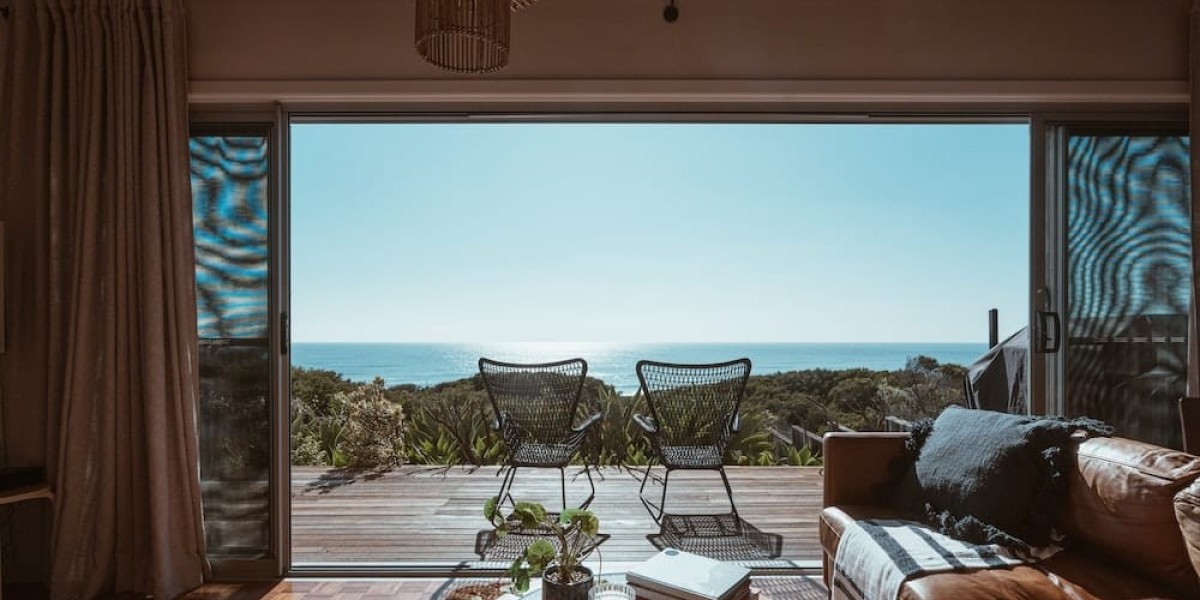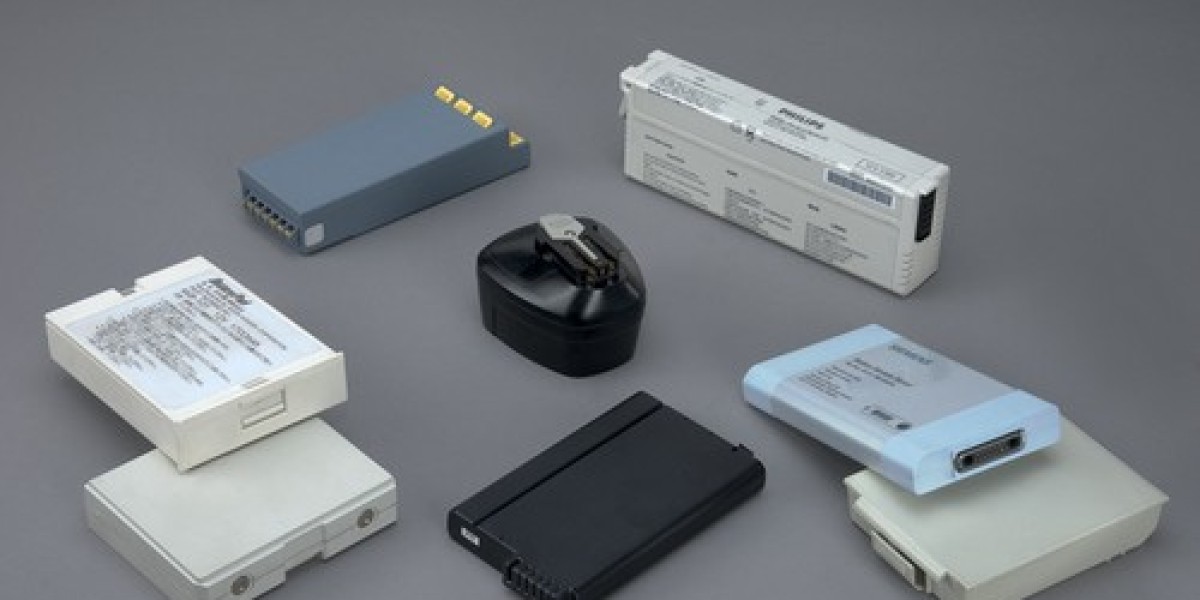If you're thinking about investing in real estate, one of the most important skills you can develop is understanding property cash flow analysis. Whether you're purchasing a single-family rental, a duplex, or a small apartment building, your success often comes down to the numbers. Positive cash flow means your investment is paying off. Negative cash flow? That’s a red flag.
Let’s explore the essential tips that will help you confidently evaluate and maximize cash flow from any rental property.
What Is Property Cash Flow?
In simple terms, cash flow is the money left over after you subtract all your expenses from your rental income. If more money comes in than goes out, you have positive cash flow. If expenses are higher than your income, that’s negative cash flow.
Here’s the basic formula:
Cash Flow = Gross Rental Income – Operating Expenses – Mortgage Payments
Your goal as an investor? Keep this number positive and growing.
Tip #1: Start with Conservative Rent Estimates
It’s tempting to assume you’ll get top-dollar rent. But overestimating income is a common rookie mistake. Look at comparable rentals in the neighborhood, not just listings — use actual rent prices from rented units to guide your expectations.
If the average rent in the area is $1,800, don’t assume you’ll get $2,200 just because your unit looks better. Use conservative figures so you’re not surprised later.
Tip #2: Know All Operating Expenses
Don’t just consider the mortgage and taxes. Real property cash flow analysis includes all operating expenses. These often include:
Property taxes
Insurance
Property management fees
Repairs and maintenance
Vacancy loss
Utilities (if paid by landlord)
HOA fees (if applicable)
Pro tip: Use 5-10% of the monthly rent as a reserve for maintenance and another 5-8% for vacancy to stay realistic.
Tip #3: Include Financing Costs
If you’re buying the property with a mortgage, you must include principal and interest payments in your cash flow calculation. These payments significantly affect your monthly bottom line.
Use an online mortgage calculator or talk to your lender to get an accurate monthly payment estimate based on your down payment and interest rate.
Tip #4: Factor in Property Appreciation Carefully
While real estate values tend to rise over time, don’t let future appreciation distract you from cash flow today. You’re analyzing cash flow, not speculation.
You want an investment that performs well now — not one that only pays off when you sell 10 years later.
Tip #5: Use a Cash Flow Spreadsheet
It’s easy to miscalculate when estimating cash flow in your head. Use a simple spreadsheet template to track all inputs and outputs. This allows you to see how changing one factor — like raising rent or reducing expenses — affects your overall cash flow.
Many free templates are available online, or you can create your own using Excel or Google Sheets.
Tip #6: Understand the 1% Rule
The 1% Rule says that a rental property should bring in at least 1% of the purchase price each month in rent. For example, a $200,000 property should bring in $2,000 per month.
While this rule doesn’t guarantee good cash flow, it’s a helpful screening tool before diving into a full analysis.
Tip #7: Analyze Multiple Scenarios
Real estate is not static. Rents can drop, expenses can rise. So always run multiple scenarios:
Best case: High rent, low vacancy
Worst case: Lower rent, higher expenses
Base case: Most likely scenario
Running different versions of your cash flow model gives you a safety cushion if things don’t go as planned.
Tip #8: Don’t Forget Taxes
Rental income is taxable, but you’ll also get to deduct many of your property-related expenses. Work with a CPA or use real estate tax software to estimate your after-tax cash flow.
Depreciation can significantly reduce your tax liability, which boosts your actual return.
Tip #9: Compare Cash-on-Cash Return
Cash flow is only part of the picture. To evaluate how much money you're making on your investment, use the cash-on-cash return metric.
Cash-on-Cash Return = Annual Cash Flow / Total Cash Invested
If you invested $40,000 in a property and it gives you $4,000 in annual cash flow, your return is 10%.
Tip #10: Reevaluate Regularly
Markets change. Rents rise and fall. Expenses creep up. That’s why successful investors revisit their property’s cash flow at least once a year — sometimes more.
Reevaluating helps you spot opportunities to raise rent, reduce costs, or refinance your mortgage for better terms.
Final Thoughts
Property cash flow analysis is not just for financial wizards. It’s a must-have skill for anyone serious about building wealth through real estate. By being conservative in your estimates, including all expenses, and using the right tools, you can make smarter, more profitable investment decisions.
Remember, the best investment properties aren’t always the prettiest — they’re the ones that put cash in your pocket every single month.
Important link
Tengah Garden Residence Showflat
Tengah Garden Residence Developer
Tengah Garden Residence Floor Plans
Tengah Garden Residence Site Plan
Tengah Garden Residence Project Details
Real Estate Tips for Newlyweds Buying a Home
How to Finance a Second Home Purchase Without Breaking the Bank
How to Read and Understand Property Deeds
How to Check Property Boundaries Before Buying: A Simple Guide for Homebuyers
Tengah Garden Residence Project Details








